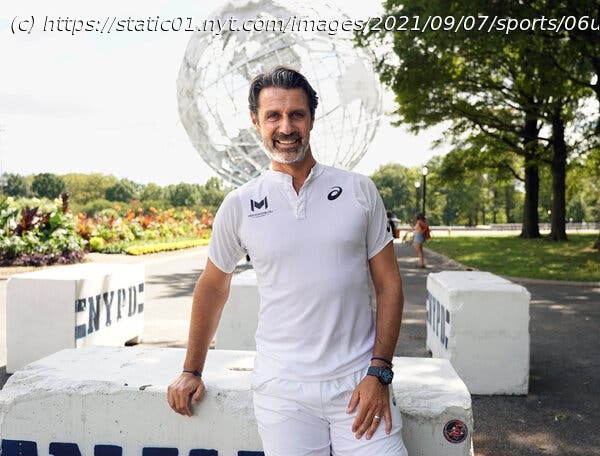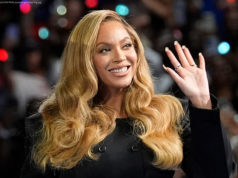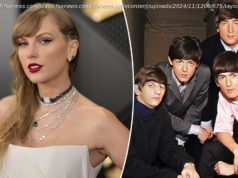Patrick Mouratoglou has become a bigger star than most players, and is building an empire, too. That does not leave much time for coaching, and that may be just how he likes it.
Maybe it’s the beard, the persistent, salt-and-pepper whiskers, always trimmed to a perfect length that makes Patrick Mouratoglou initially seem more like a French existentialist philosopher rather than tennis coach. Or maybe he is a tennis venture capitalist. Or a tennis resort executive. Or a tennis “guru,” as Stefanos Tsitsipas, the Greek star, has referred to him. Depending on the moment, Mouratoglou can be all of those things, which can make it difficult for him to also be a coach, at least in the way he thinks a professional tennis coach should coach. That may seem odd for a man best known as one, a man who wrote a book about himself called “The Coach,” but it is the way he always intended it to be. For years, Mouratoglou has been courtside at Serena Williams’s matches. He has coached her since 2012, and was presumed to be her boyfriend for a time. Coaching her from the stands during the 2018 U.S. Open final led to one of the most notorious meltdowns of Williams’s career. She is not at the U.S. Open this year, having withdrawn to recover from a hamstring injury. Mouratoglou, though, has been everywhere, just as he is at every major tennis tournament these days. There he is sitting a seat away from Tsitsipas’s father and coach, Apostolos, during early-round matches against Andy Murray and Carlos Alcaraz. After a match, he grabs a microphone for one of any number of television interviews he does about the state of the modern game. Sometimes he camps out in the plaza of the U.S.T.A. Billie Jean King National Tennis Center and signs autographs for fans who know him better than they know most of the players. Last Tuesday night, he passed a sports drink onto the court of Arthur Ashe Stadium, trying to help relieve the cramps of Holger Rune, the 18-year-old Danish player who trains at his academy, as Rune fell in four sets to Novak Djokovic in the first round. At age 51, Mouratoglou has become one of the most recognizable stars in tennis, even though he was never more than a middle-rung junior player as a teenager in France. Corey Gauff, the father and coach of the rising American star Coco Gauff, often wears a baseball hat with Mouratoglou’s “M” logo above the brim when he watches his daughter play. He is the rare coach who has turned himself into a brand, which may mean he is better at marketing than he is at coaching. Don’t ask Mouratoglou to boil down his approach to tennis into a simple strategy or formula. “My philosophy is I know nothing,” he said in an interview days before the start of the U.S. Open. “I learn the person and I learn my player. A lot of coaches start with their method. There is one method per player and I need to find it.” Tennis is in an odd spot at the moment. The careers of most of its biggest stars are in repose. Its greatest men’s player, Novak Djokovic, is worshiped in his own country but has never been universally embraced. Naomi Osaka is already a tennis megastar, but she has played little this year and announced Friday night that she was going to take another break from the game.






